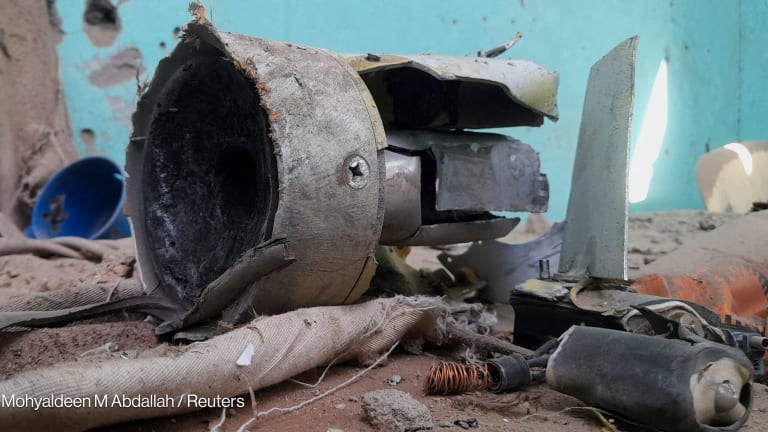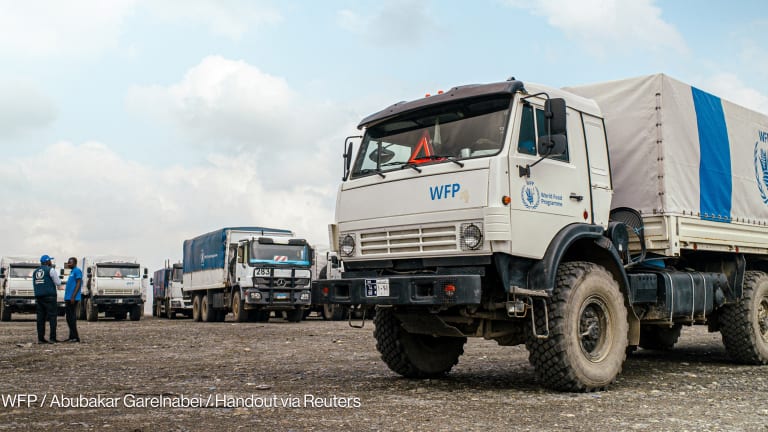In April 2023, fighting broke out between Sudan’s Armed Forces, or SAF, and the Rapid Support Forces, or RSF, in the capital city of Khartoum. Almost two years later, as the conflict continues and has spread throughout the country, more than 8 million Sudanese are displaced internally, and around 25 million people need humanitarian assistance.
According to aid organizations on the ground, reaching the populations most in need is a challenge. The bureaucracy around visas and permits for transporting aid supplies is also hindering the response, said Edmore Tondhlana, deputy head of the U.N. Office for the Coordination of Humanitarian Affairs in Sudan, which is coordinating various agencies in the country. Individuals can be targeted due to their ethnicity or nationality, limiting where some staff can work, he added.
For Médecins Sans Frontières, obtaining long-term visas for staff — most of whom are international — has been difficult in certain regions, impacting the organization’s response, said Ozan Agbas, emergency manager for MSF’s operational section headquartered in Amsterdam. In the RSF-controlled parts of Darfur, permits aren’t required to enter the region, but the work is “incredibly intense,” with staff in Nyala working amid regular airstrikes, he said.








